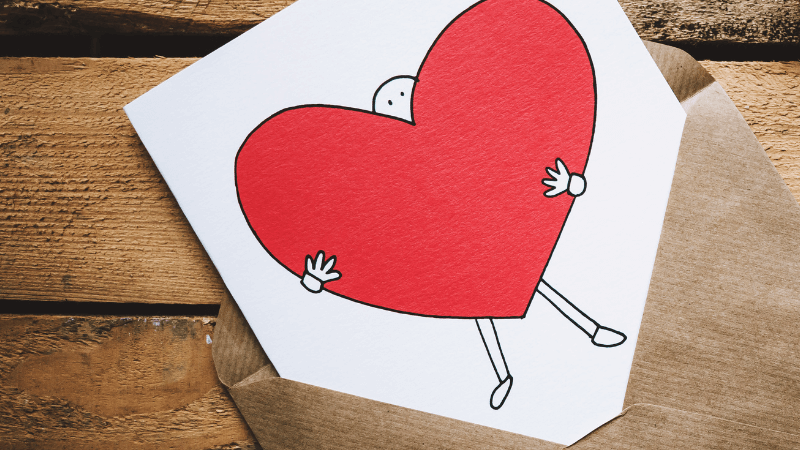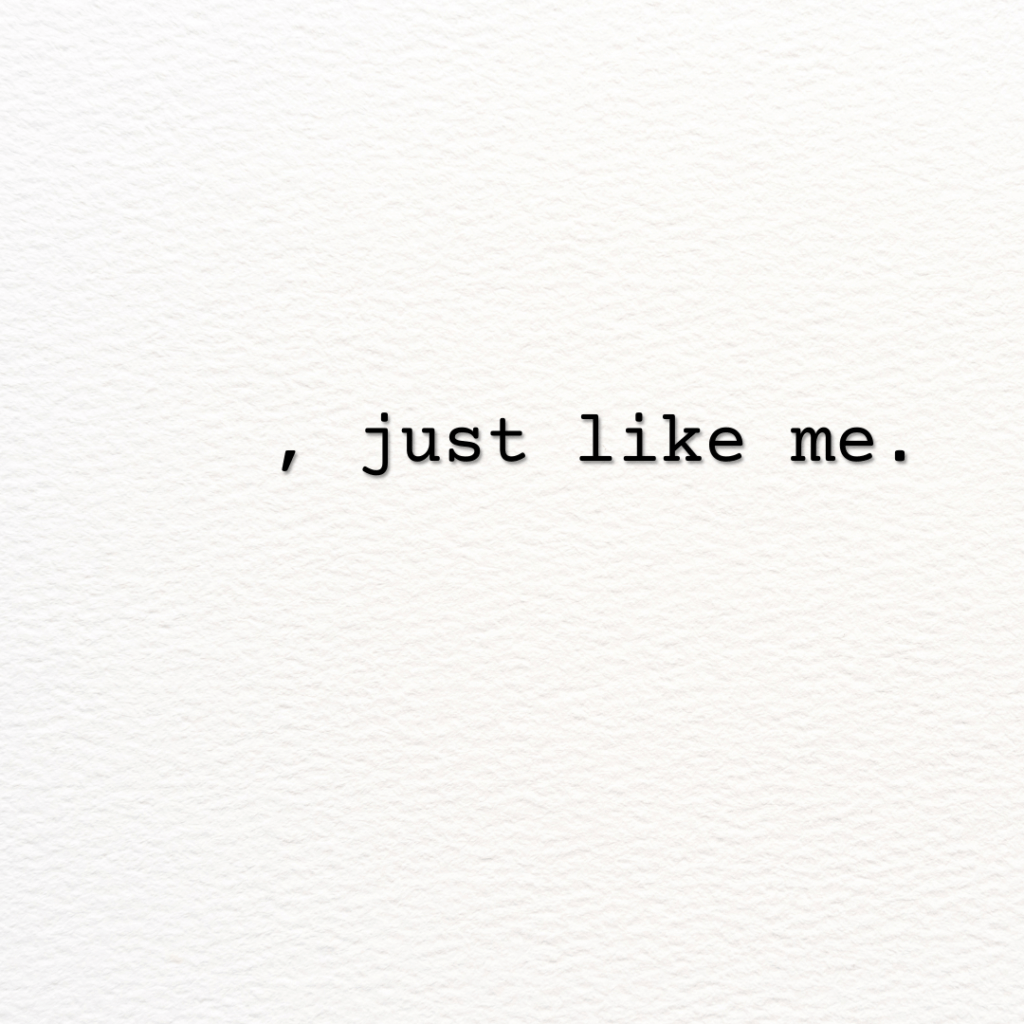
Often, we search for ways to find ease by using an external source. We may soothe with a walk, a piece of chocolate, or a warm bath. Those can be wonderful ways to provide self-care.
When we develop self-compassion as a form of self-care, we empower ourselves to be the holder, giver, and recipient of care and kindness. It is a sustaining, internal source of self-support. It is something that can always be available, and the more we practice, the more support we have.
What Is Compassion?
Compassion is a desire to respond to the distress of others with care and kindness. Consider how you might treat a loved one or a small child when they are feeling scared. You might hold them close, stroke a cheek, listen to them with presence, or give them words of encouragement. You offer them authentic care and empathy.
What Is Self-Compassion?
Self-compassion means treating oneself with patience, kindness, and understanding––the same care that you would offer a loved one or a small child in the example above.
When we practice self-compassion, challenging emotions or mistakes become opportunities to soften and be vulnerable. Instead of beating ourselves up, we can respond to negative thought patterns with self-kindness and care.

UPCOMING WORKSHOP:
Mindful Games for your Classroom
Wednesday, April 24, 2024 at 4pm ET
Join us for this dynamic 90-minute training to experience mindfulness through play to evoke curiosity, spark creativity, foster engagement, and support learning.
My Self-Compassion Journey
My journey to self-compassion and acceptance started with my relationship with my mother. As a child, my life was fairly chaotic: we moved often, with many different people coming in and out of our home. My mother used substances and frequently relied on me as a silent accomplice; I was told to keep her activities secret from my school, grandparents, and the parents of my friends. I grew up in a dynamic of us-versus-them, and was taught to believe that the behavior of others around me, so different from my mother’s, should be judged as boring, un-fun, and non-adventurous.
As I grew up and left home, I realized how very similar I was to many of the people that my mother kept secrets from. I ate, went to work, came home, drew or read, and cared for myself and friends. There was little drama or fanfare. I had a constant internal refrain that life had to be more, that I needed more excitement, more accomplishment, or more drama to make life worthwhile. My constant internal dialogue was that I was not enough.
The Inner Critic and Habit of Judgment and Isolation
As humans, we often get into the habit of internal shaming and judgment––the negativity bias built into our human psychology––and once we find ourselves in that pattern, it seems almost impossible to determine a different way to be.
What I didn’t know as a child was that the pain my mother suffered was the same pain that other people did, and everyone holds and handles their pain differently. I also did not understand that separating oneself from others only exacerbated that suffering.
I have met doctors, civil servants, classroom teachers, and stay-at-home parents that all are working to give themself permission to love who they are. It is an extremely difficult task that requires vulnerability and an orientation toward commonality in the human experience.
You Are Not Alone!

As I have practiced self-compassion over time, I have moved toward having compassion for myself and my experience of life. I practiced this by opening up to the many layers of being human. I found love, not only for myself, but also for humanity. Resonating with the suffering in others alleviated many of my feelings of separation and isolation––that lingering us-versus-them mindset.
One practice that I found helpful was “Just Like Me.” Let’s give it a try.
“Just Like Me” Self-Compassion Practice
Begin by being aware that there is a person in front of you, either in your mind or actually sitting across from you. A fellow human being just like you. Silently repeat the following phrases while being aware of that person.
This person has a body and a mind, just like me.
This person has feelings, thoughts, and emotions, just like me.
This person has during their life experienced physical and emotional pain and suffering, just like me.
This person has at some point been sad, just like me.
This person has been disappointed, just like me.
This person has been angry, just like me.
This person has been hurt, just like me.
This person has felt unworthy or inadequate, just like me.
This person worries, just like me.
This person is frightened sometimes, just like me.
This person will die, just like me.
This person has longed for connection, just like me.
This person is learning, just like me.
This person wants to be caring and kind, just like me.
This person wants to be content, just like me
This person wishes to be free from pain and suffering, just like me.
This person wishes to be happy, just like me.
This person wishes to be safe, strong, and healthy, just like me.
This person wishes to be loved, just like me.
Send these wishes to that person:
May you have the strength, resources, and social support to navigate the difficulties in your life with ease.
May you be free from pain and suffering.
May you be peaceful and happy.
May you be loved because you are a fellow human being, just like me.
Take a moment and notice the sensations in your body. As you breathe, feel the sensations of being connected to those that are “just like you.” When you are ready, open your eyes if you have chosen to close them.
Self-compassion is a practice that is developed over time, allowing yourself to have an open heart in moments of need, sadness, fear, or isolation. Consistent practice supports the development of an attitude of tenderness toward your own suffering by seeing yourself as deserving of support, in the same way as others are. As you continue on your journey, be gentle, and know that you deserve love and kindness as a human being on this earth, just like me.
